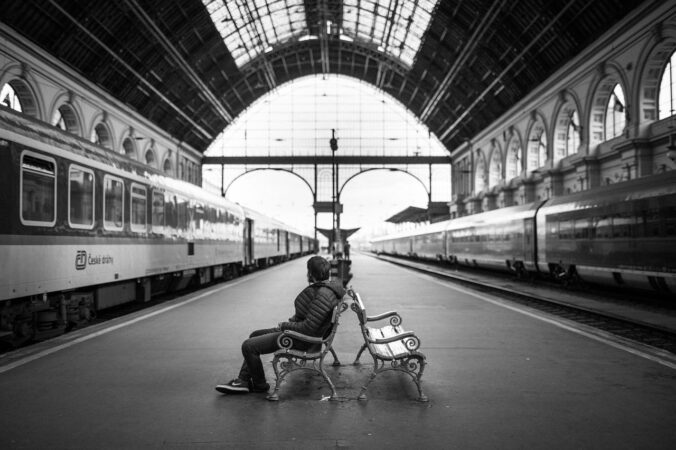Right now, we’re exploring what it means to put time at the center of railway work. What happens when time is the main factor shaping how tasks are organized and how does technology play into it? Does focusing so much on time make work feel more meaningful, or does it simply add pressure? And could we imagine a future where technology takes on a bigger role in planning and managing time in railway work?
In our interviews with railway professionals, many describe problem solving as one of the most rewarding parts of their job. But problem solving almost always comes down to time: either solving things quickly or making sure every minute is used in the best way possible. In trying to understand this intersection of meaning, time and work, we turn to the German sociologist Hartmut Rosa. He has written about how time shapes our modern lives and he uses the concept ‘social acceleration’ to describe how technology pushes us to move faster and use time more efficiently. He also introduces the idea of ‘resonance’ which is the feeling of being connected to the flow of life, being present in the moment rather than being focused on the past or the future.
This leads us to the question: does technology help workers stay present and grounded, or does it pull away from “the now” by keeping them busy with documenting or reporting on the past and planning for the future? What is the relation between meaning and temporal aspects in railway work? Time can feel like a constant pressure, but it can also be what makes the work exciting. Without the constantly ticking clock, the challenges might lose their urgency, and maybe even their meaning.
That’s what we’re reflecting on right now in the AROA project.

